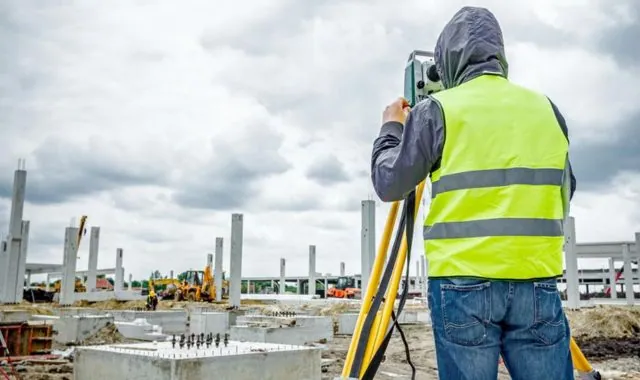Physical Address
304 North Cardinal St.
Dorchester Center, MA 02124
Physical Address
304 North Cardinal St.
Dorchester Center, MA 02124

Construction technology in civil engineering refers to the application of innovative methods, equipment, and materials to facilitate the construction process, ensuring efficiency, safety, and sustainability. It encompasses various aspects, from traditional techniques to cutting-edge technologies, all aimed at improving the construction industry.
Over the years, construction technology has undergone significant evolution. From rudimentary tools and manual labor in ancient civilizations to the modern era of advanced machinery, robotics, and digitalization, the construction industry has continually adapted to technological advancements.
Construction technology plays a crucial role in enhancing productivity, reducing costs, and ensuring quality in civil engineering projects. It enables engineers and contractors to streamline processes, minimize risks, and meet stringent regulatory requirements.
Innovative materials such as high-performance concrete, advanced composites, and sustainable alternatives contribute to stronger, durable, and environmentally friendly structures.
Modern construction equipment, including cranes, excavators, and drones, improves efficiency, accuracy, and safety on construction sites.
Innovative construction methods such as modular construction, 3D printing, and lean construction optimize resource utilization and accelerate project delivery.
BIM enables digital representation of the physical and functional characteristics of buildings, facilitating collaboration, visualization, and decision-making throughout the project lifecycle.
Prefabrication involves assembling components off-site and transporting them to the construction site for rapid assembly, reducing construction time and minimizing waste.
Robotic technologies automate repetitive tasks, enhance precision, and improve safety in construction operations, ranging from bricklaying to demolition.
Sustainable construction technologies focus on minimizing environmental impact, conserving resources, and promoting energy efficiency. Strategies include green building certifications, renewable energy integration, and sustainable materials usage.
Implementing construction technology offers numerous benefits, including:
Despite its advantages, construction technology faces challenges such as initial investment costs, workforce training requirements, and interoperability issues between different technologies.
The future of construction technology is promising, with trends such as:
Artificial intelligence (AI) is revolutionizing construction technology by enabling predictive analytics, autonomous machinery, and cognitive automation, paving the way for more efficient and intelligent construction processes.
Construction technology in civil engineering is a dynamic field that continues to evolve, driven by innovation, sustainability, and efficiency. Embracing modern technologies and practices is essential for meeting the demands of the rapidly changing construction industry.